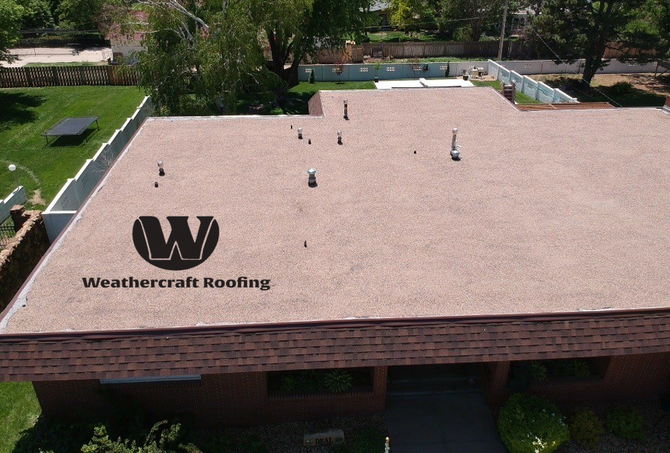Choosing the proper industrial roofing system is essential for protecting your property and enhancing its longevity. In this article, we’ll walk you through the key factors in selecting the right roofing system and maintaining it properly to avoid costly mistakes.
Things to Keep in Mind for Your Industrial Roofing Project
Industrial roofing requires careful planning and consideration due to the unique needs of large-scale properties. Some key factors to keep in mind include:
- Building Use: Understanding the function of your building is key—whether it requires heat resistance, weatherproofing, or soundproofing. This will guide the selection of the best roofing system.
- Environmental Conditions: Consider your local climate—extreme temperatures, heavy rainfall, or snow can all affect roofing materials. Select a roofing system designed to handle these conditions.
- Budget: While industrial roofing can be costly, finding the right balance between quality and affordability ensures you get the best return on investment.
- Energy Efficiency: Choosing energy-efficient roofing can reduce long-term utility costs. Consider materials that help improve insulation and lower heating and cooling expenses.
Types of Industrial Roofs: Built-Up, Metal, and Modified Bitumen
There are several types of roofing systems used in industrial applications, each offering distinct advantages depending on your building’s needs.
Built-Up Roofs (BUR)
Built-up roofing (BUR) is made of multiple layers, usually tar and gravel, offering excellent waterproofing. BUR is durable and well-suited for large industrial roofs, though its installation can be time-consuming.
Metal Roofs
Metal roofing is a popular choice for industrial buildings due to its durability and low maintenance. It’s highly resistant to extreme weather, including heavy snow, rain, and strong winds. Metal roofs are also energy-efficient, as they reflect sunlight, reducing cooling costs. They come in a variety of materials, including steel, aluminum, and copper, to suit different needs.
Modified Bitumen Roofs
Modified bitumen roofing combines asphalt with rubber or plastic polymers, offering flexibility and durability. It’s especially well-suited for low-slope industrial buildings and can be installed with heat or cold processes. Modified bitumen is highly resistant to leaks and offers long-lasting protection, making it a reliable choice for industrial roofs.
How to Maintain Your Industrial Roof and Avoid Costly Repairs
Regular maintenance is essential to extending the lifespan of your industrial roof and avoiding costly repairs. Here are some maintenance tips to keep your roof in top condition:
- Regular Inspections: Schedule professional roof inspections at least once a year to identify any issues early, such as cracks, leaks, or debris buildup.
- Clean Gutters and Drains: Clear gutters and drains of debris to prevent water buildup that could result in roof damage.
- Prompt Repairs: Promptly repairing minor issues helps prevent bigger, more expensive problems from developing.
- Coating and Sealing: Applying a protective coating to your roof can help prevent moisture penetration and UV damage, extending its lifespan.
Why You Should Hire a Specialized Roofing Contractor for Your Industrial Roof
Hiring a specialized roofing contractor is essential for ensuring your roof is installed correctly and maintained properly. Experts can help you choose materials, manage the project, and provide long-term support.
Conclusion: Choosing the Right Roofing for Your Business
The right industrial roof is vital for property protection and long-term savings. Whether you choose BUR, metal, or modified bitumen, understanding each system’s advantages helps make the best choice. Partner with a roofing expert for optimal results.
Need help with your industrial roofing project? Contact us today for expert advice and a tailored solution to meet your needs!

#IndustrialRoofing #CommercialRoofing #RoofInstallation #BuiltUpRoof #MetalRoofing #ModifiedBitumen #RoofMaintenance #EnergyEfficientRoofing